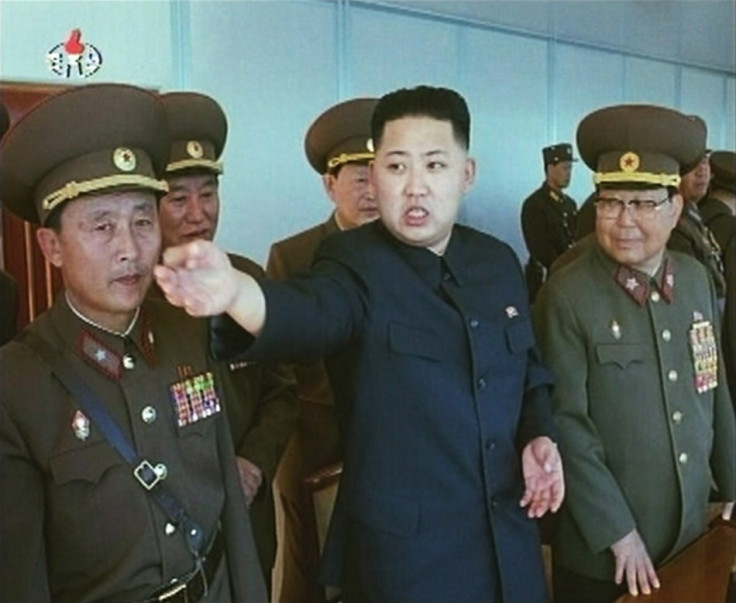North Korea is not Syria: Why the US cannot attack Pyongyang
Five reasons why Donald Trump's threats to attack Pyongyang is not that simple.
US President Donald Trump is unlikely to launch an attack against North Korea, despite the rogue nation doing its best to provoke its neighbours with missile tests - even failed ones.
The South China Morning Post has listed five reasons why the US cannot attack North Korea, and one of them goes as far back as 1955.
The newspaper notes that the situation in North Korea is not the same as Syria, where Trump launched an attack against an airbase after accusing Syrian President Bashar al-Assad of bombing his own people with chemical weapons.
Any military action in North Korea "carries far greater risks".
Technically, the Korean peninsula remains in a state of war although fighting stopped on 27 July 1953 with an armistice signed by Washington and Beijing and endorsed by the UN. If the US made good on its threat and attacked North Korea it would breach the treaty.
Unlike Syria, North Korea's nuclear weapons capabilities have matured in recent years, added the newspaper. The rogue nation has conducted five nuclear tests and has claimed to have successfully "miniaturised" nuclear warheads, although that has not been independently verified.
Despite some tests failing, military experts believe that Pyongyang has learned from the setbacks and might be able to develop a nuclear-tipped, intercontinental ballistic missile that can reach the US within the next four years- during Trump's presidency.
Another problem the US would face if it attacked North Korea is China. China and North Korea have signed the Sino-North Korean Mutual Aid and Cooperation Friendship Treaty under which both parties are obliged to offer immediate military and other assistance in the event of an outside attack. The treaty has been extended twice and is valid until 2021.
China is insisting on a peaceful resolution for fear that its border would be pierced by hundreds of thousands of refugees from North Korea if the Kim Jung-un regime collapsed.

"From a geopolitical point of view, Beijing views North Korea as a buffer zone from the potential encroachment by powers aligned with the US, including Japan and South Korea," the SCMP said.
Neither South Korea nor Japan want a military provocation. Seoul, the capital of South Korea, is only 40km from the border and hence "particularly vulnerable to a North Korean attack.
.Sam Gardiner, a former US Air Force colonel told The Atlantic magazine that the US "cannot protect Seoul, at least for the first 24 hours of a war and maybe for the first 48".
Even former US president Bill Clinton was put off from bombing the Yongbyon reactor in 1994 after defence officials told him that the intensity of combat with Pyongyang "would be greater than any the world has witnessed since the last Korean War".
© Copyright IBTimes 2025. All rights reserved.






















